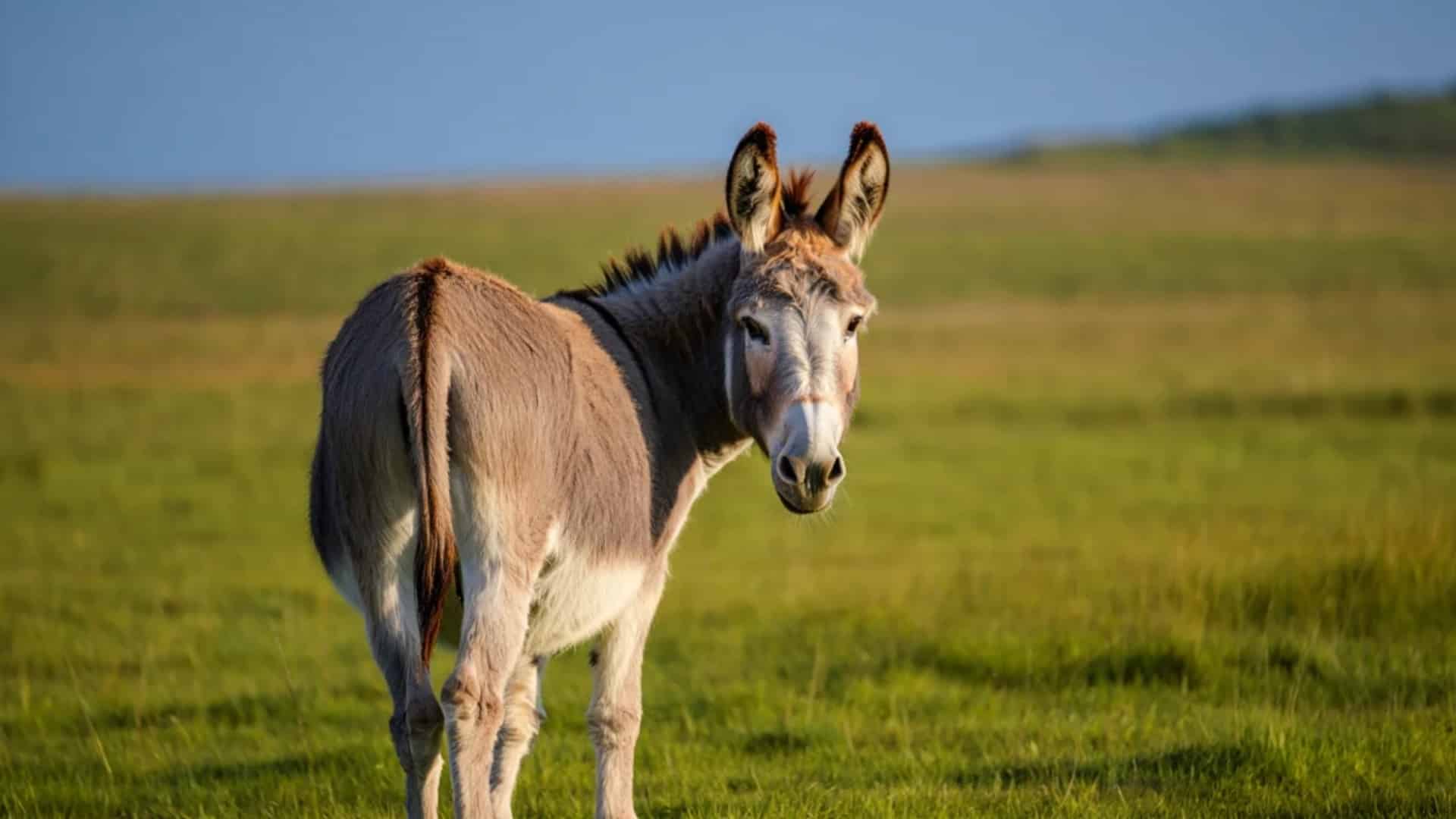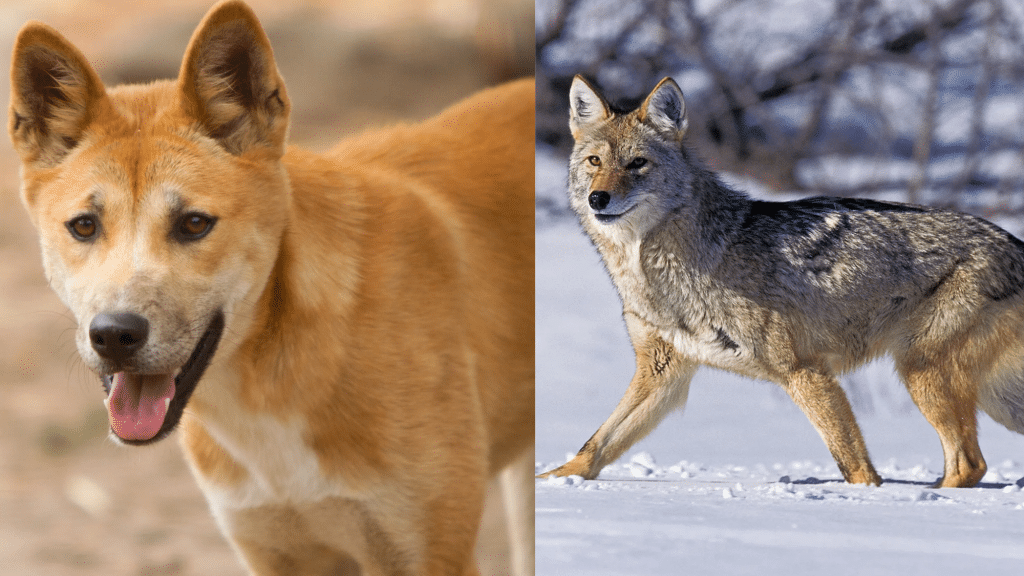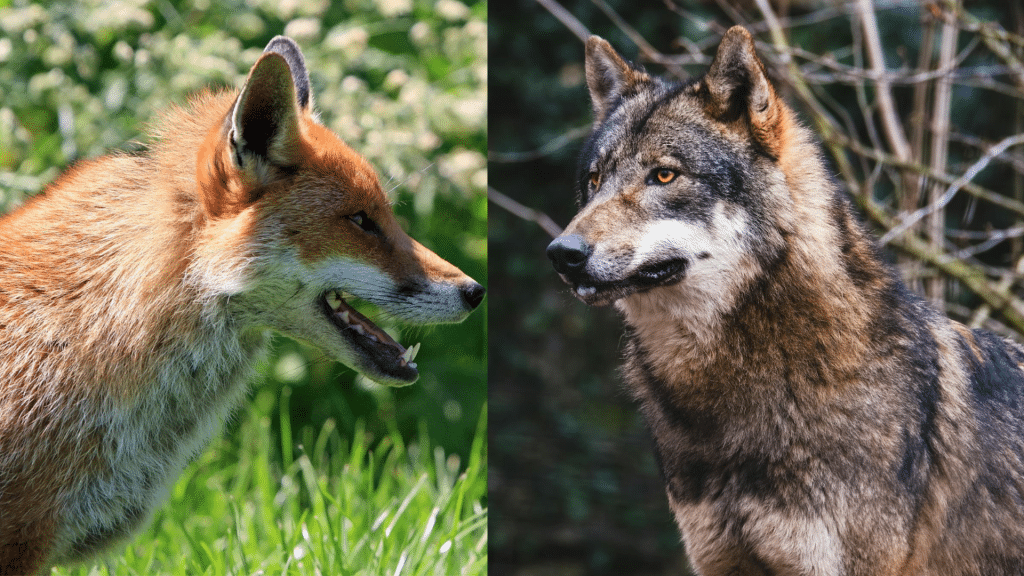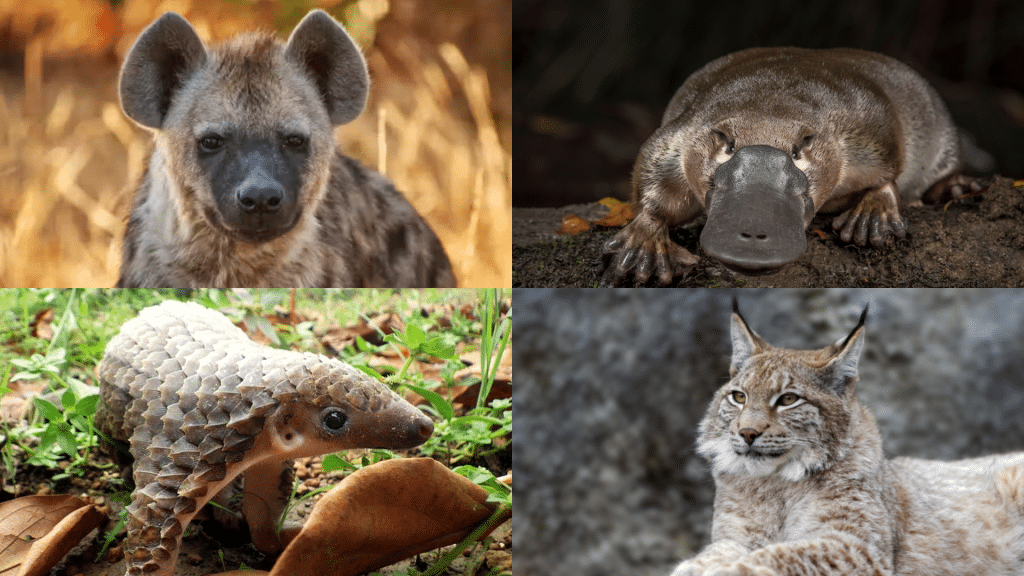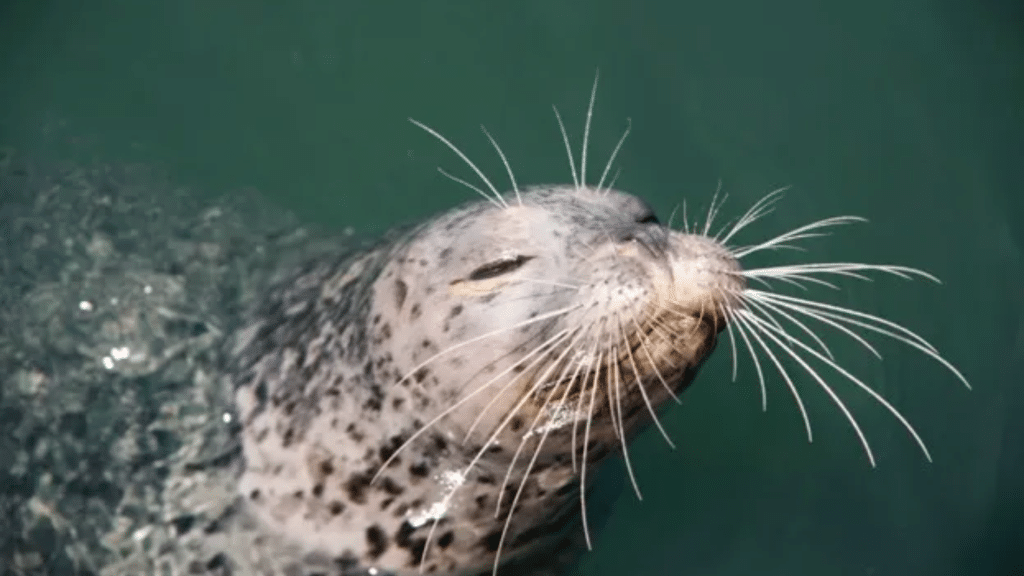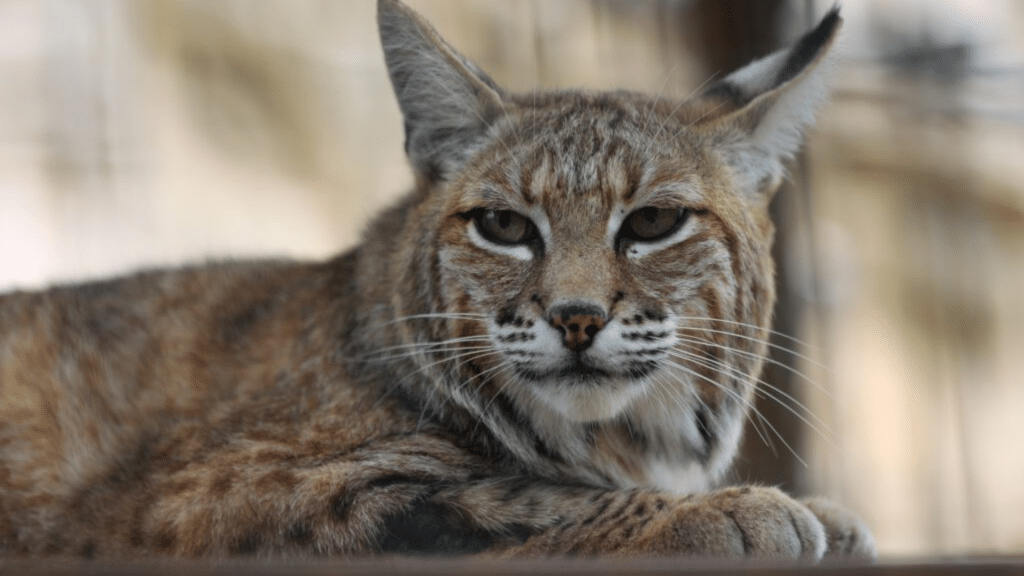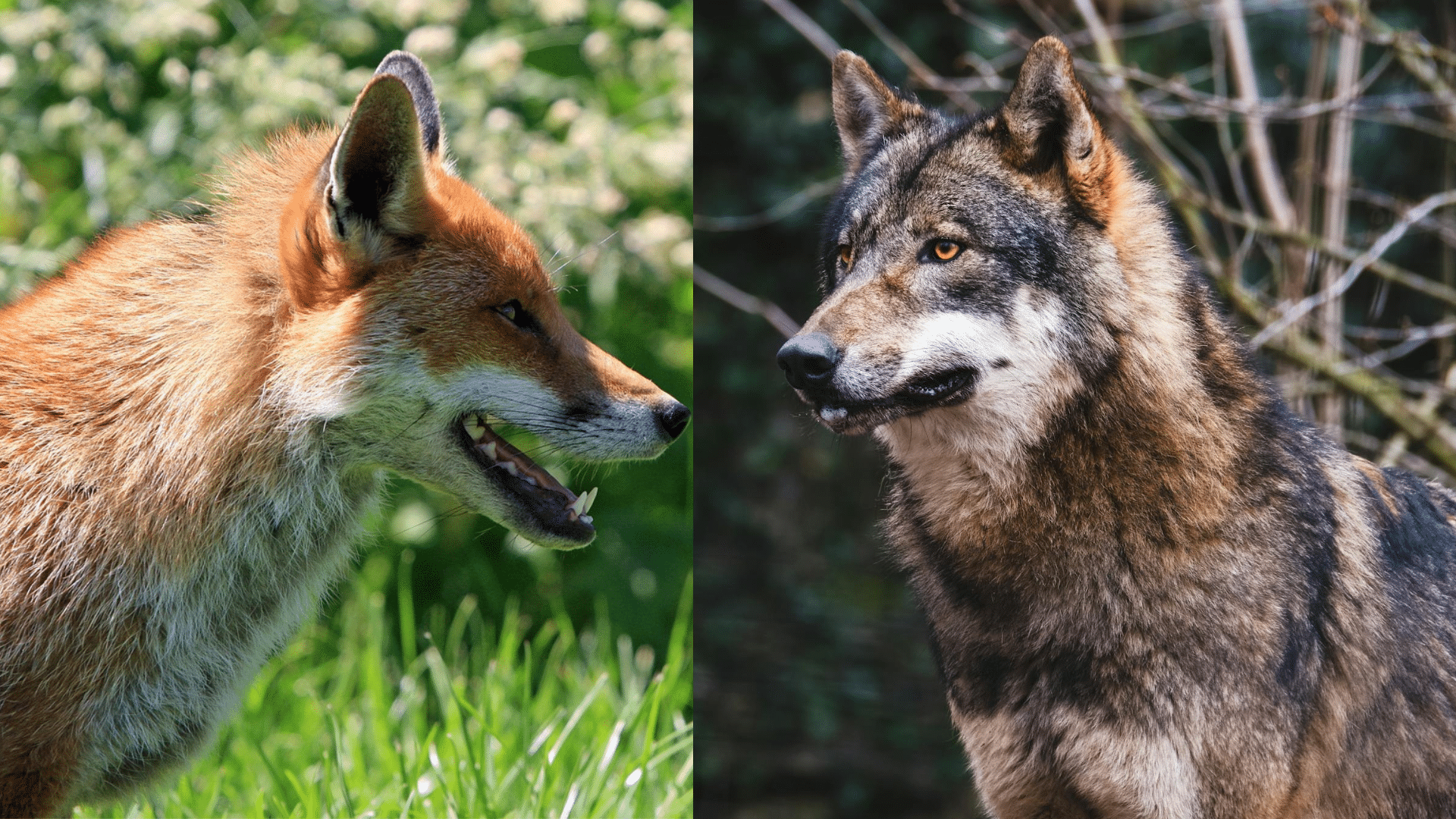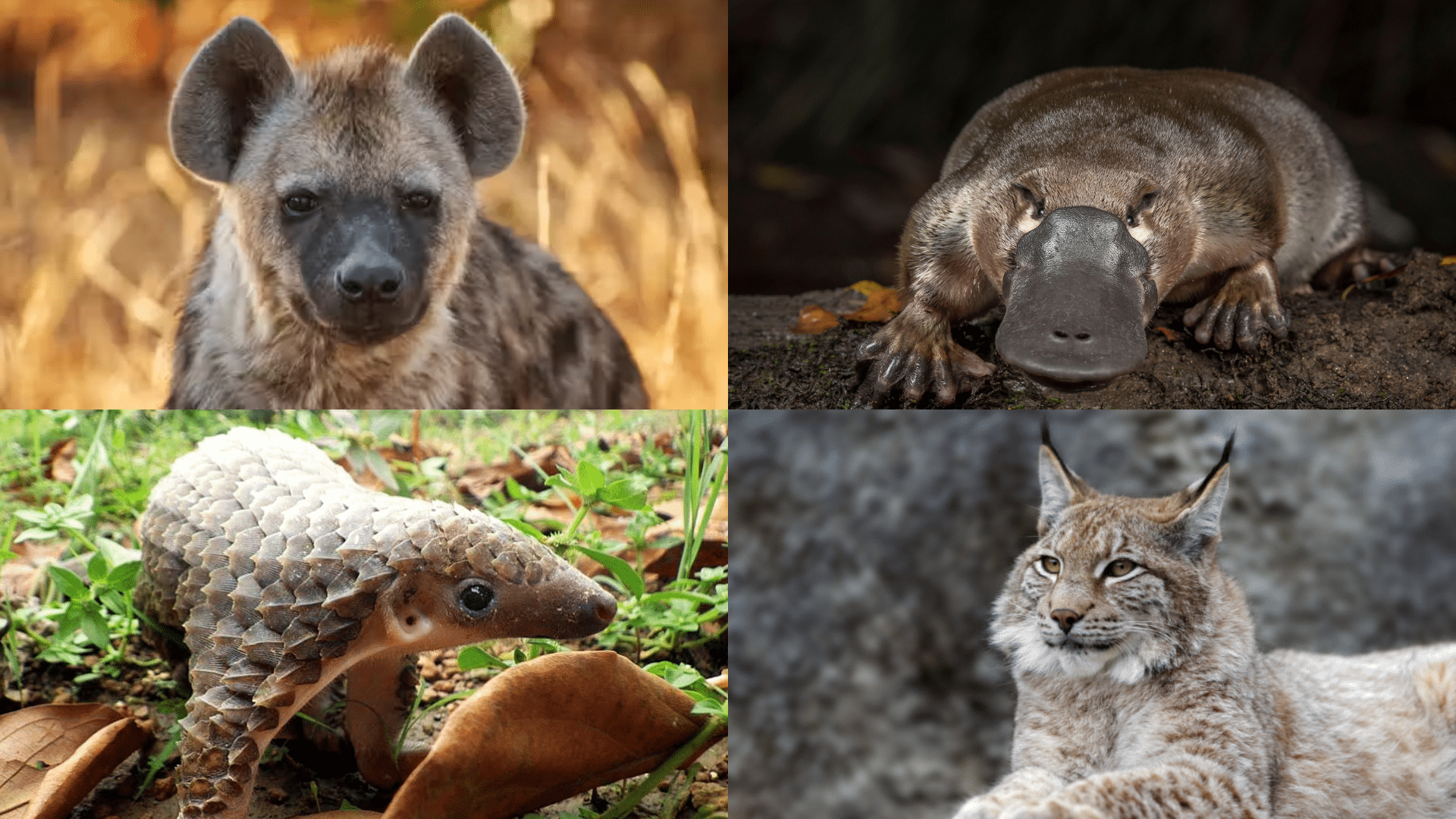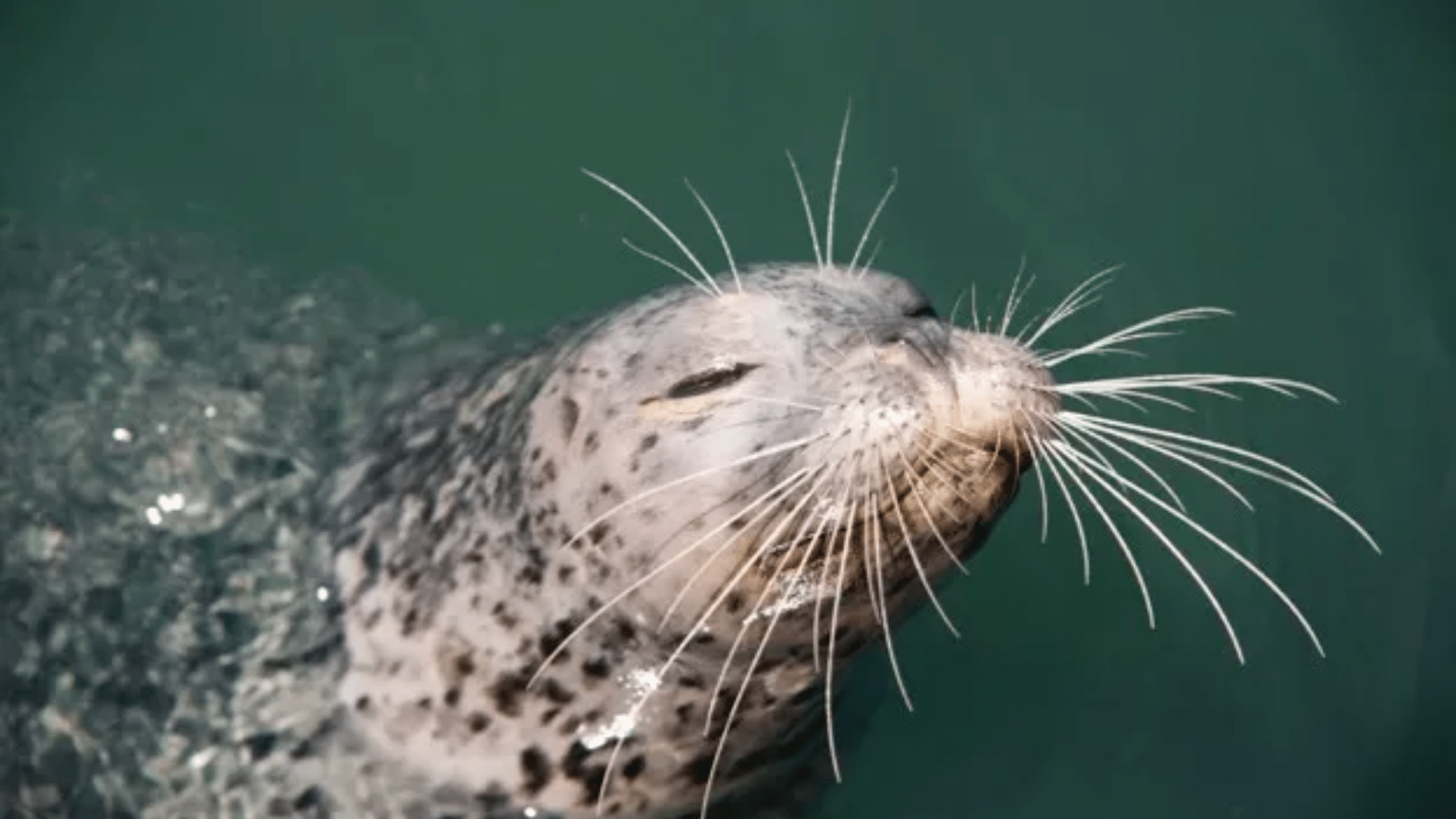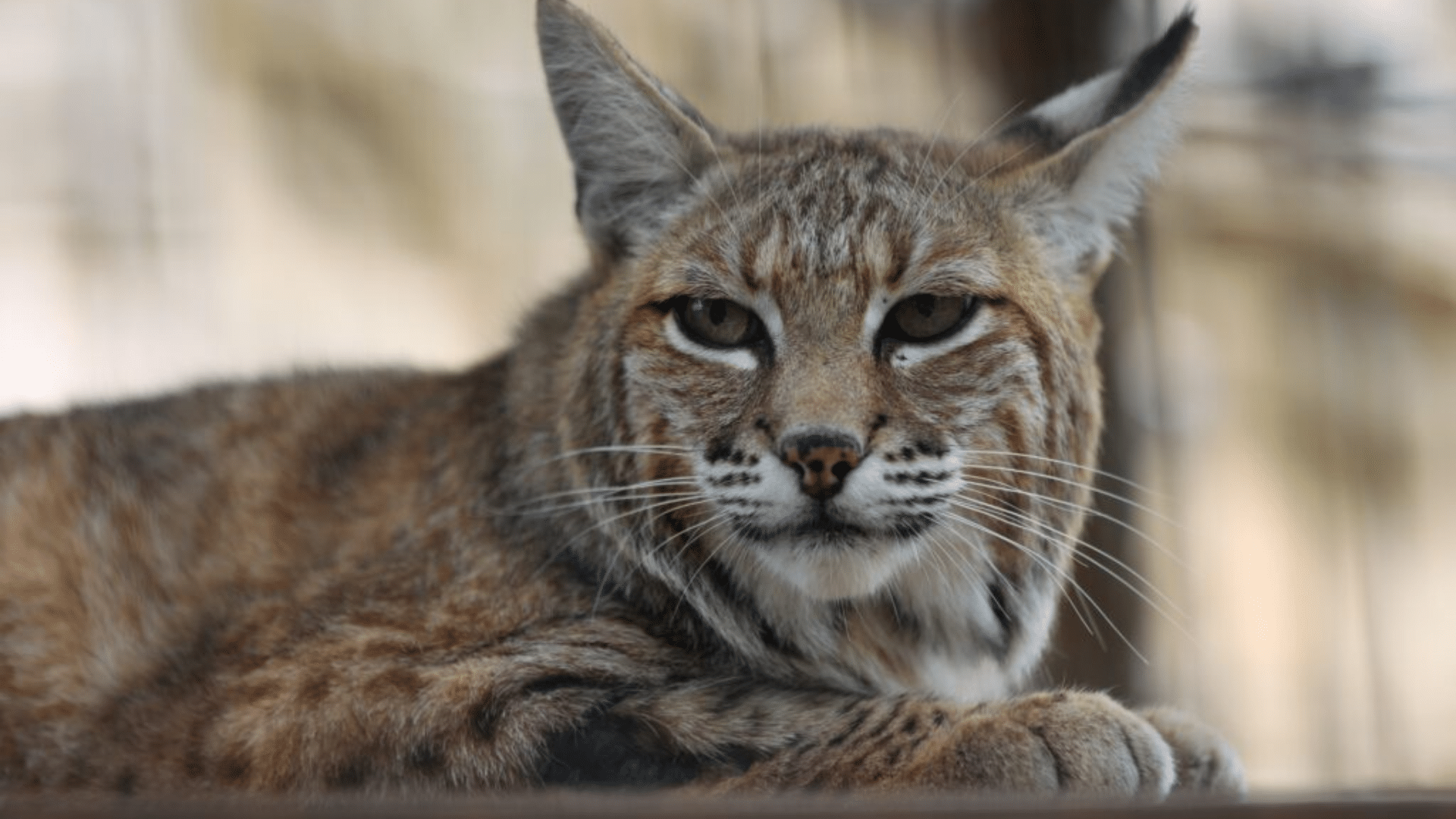Donkeys are often seen as quiet and calm animals, but are they aggressive?
Many people think donkeys are always gentle and peaceful creatures that never cause trouble.
However, questions about their behavior often come up when they are around other animals or people.
Some worry about how donkeys might react in different situations, especially when they are protecting something they care about.
In this blog, we will be discussing the general behavior of donkeys, their interactions with other animals, their nature, and how to manage them if they become aggressive.
What are Donkeys Like?
Donkeys are small, sturdy animals related to horses. They are known for their long ears, steady nature, and smart decision-making.
Though often misunderstood as stubborn, donkeys are actually cautious thinkers. They take time to assess situations, which helps keep them safe.
- Cautious by Nature: Donkeys pause before acting. What seems like stubbornness is actually careful thinking.
- Stay Calm Under Pressure: Unlike horses, donkeys don’t spook easily. They’re more likely to stand still than bolt.
- Loyal Companions: Once trust is built, donkeys form strong bonds and remember kindness.
- Sensitive to Treatment: They respond best to calm, gentle handling. Rough behavior can make them anxious.
- Love Routine: Consistency builds trust. A steady daily pattern helps donkeys feel safe.
- Wary of Strangers: Donkeys may act alert or distant when approached by unfamiliar people or animals.
- Social with Friends: When raised with other animals, they often become friendly, calm, and even protective.
Overall, donkeys are friendly, dependable animals who value safety, kindness, and routine.
Are Donkeys Naturally Aggressive?
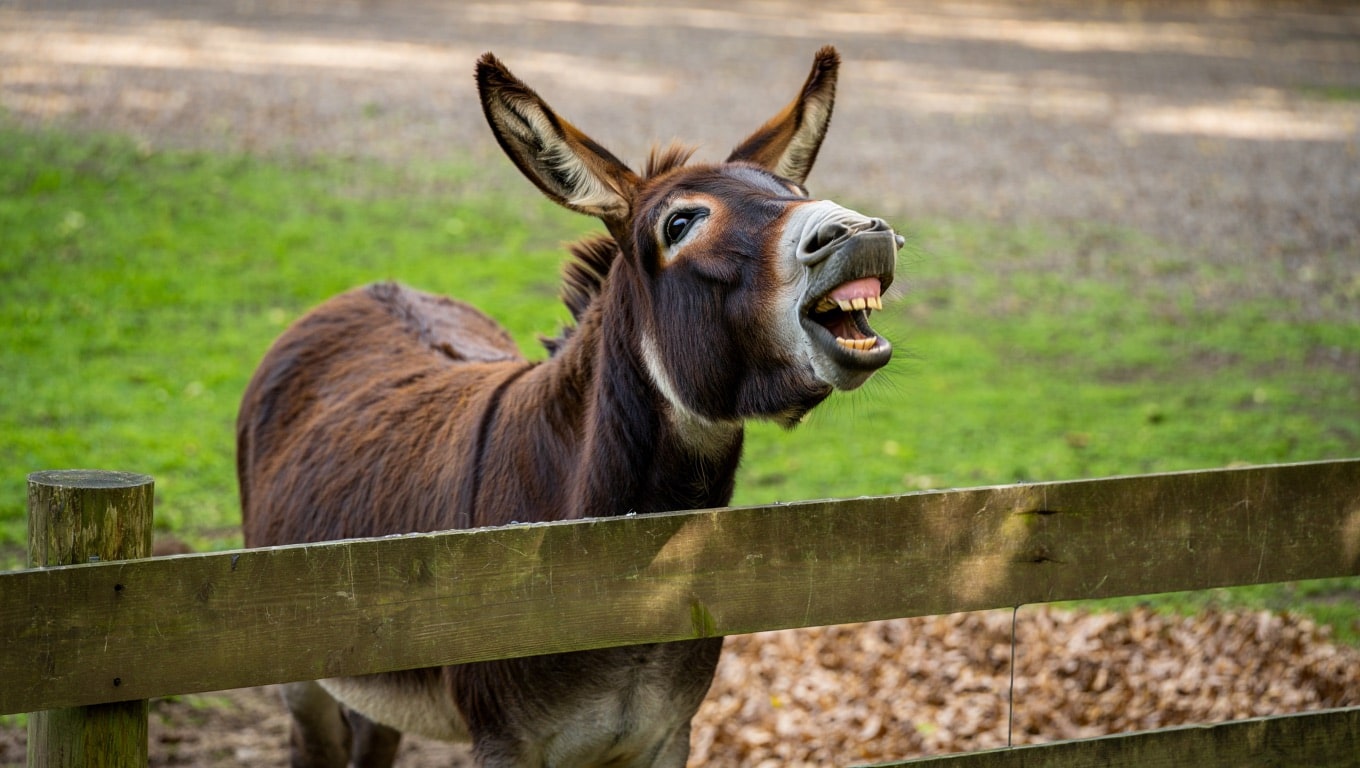
Donkeys are not aggressive by default. Most individuals have a calm and quiet nature, preferring to avoid conflict. They act only when they feel unsafe or need to defend themselves.
Their response is more about protection than aggression.
When donkeys sense danger, they may kick, bite, or chase. This is especially common if they’re guarding a herd or trying to keep predators away.
They often warn first with signs like pinned ears or loud brays before taking action.
And their behavior also depends on how they’re raised.
Whereas, a lonely, untrained, or poorly treated donkey may become defensive or hard to manage, especially around unfamiliar animals.
How Do Donkeys Interact with Other Animals?
| Animal | Typical Interaction |
|---|---|
| Other Donkeys | Usually friendly and social. They form close bonds and feel calmer in pairs or groups. |
| Horses | Often get along if raised together. Donkeys prefer calm behavior and may avoid rough play. |
| Dogs | Often seen as a threat. Donkeys may chase or kick, especially if the dog enters their space. |
| Foxes/Coyotes | Treated as predators. Donkeys may act aggressively to protect themselves or other animals. |
| Goats and Sheep | May tolerate them if introduced slowly. Can become annoyed if space or food is limited. |
| Cattle (Cows) | Mixed results. Some donkeys share space peacefully; others may act territorially. |
| Chickens and Birds | Usually ignored. Rarely seen as a threat, but care should still be taken during introduction. |
When Do Donkeys Become Protective?
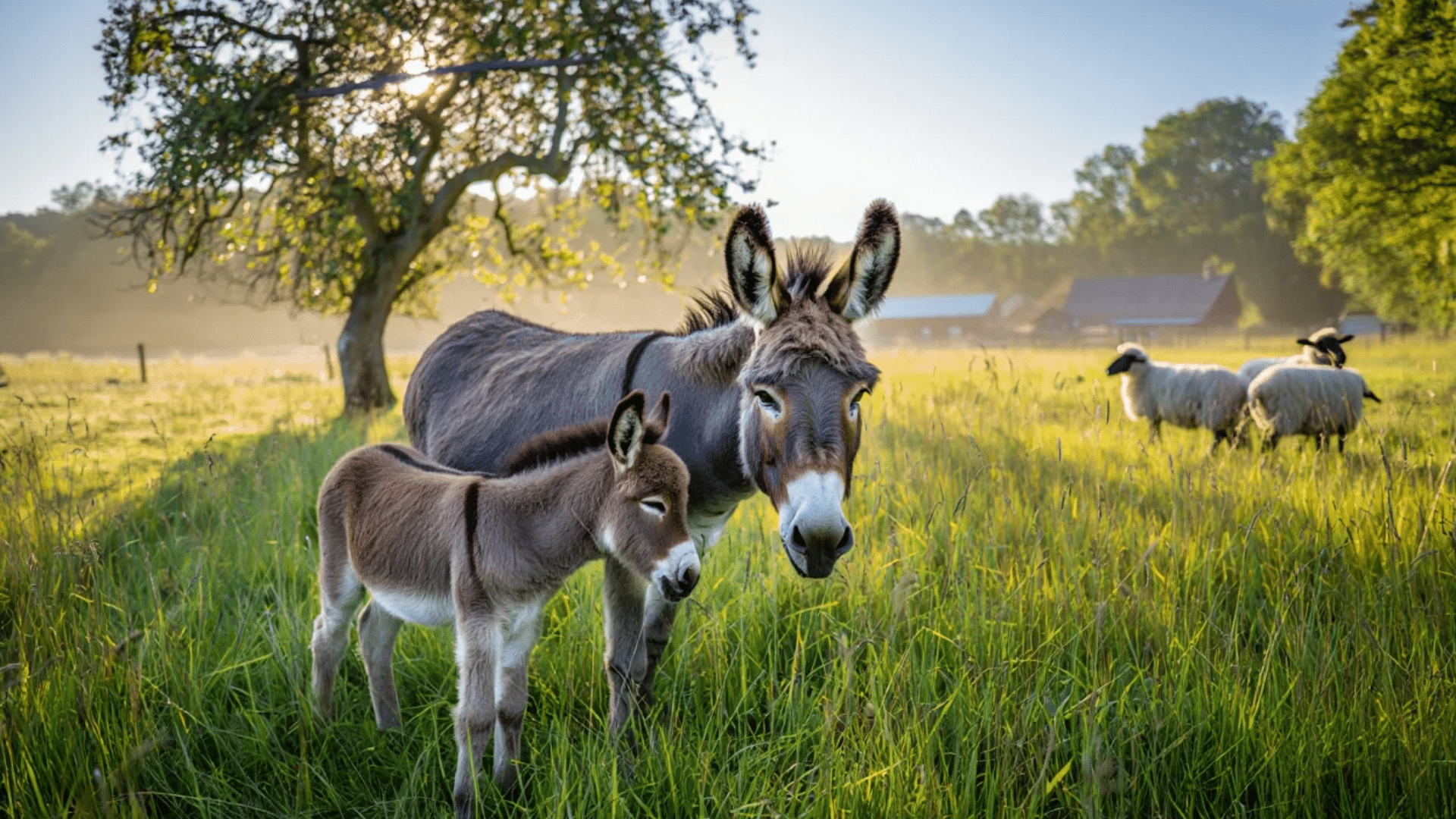
Donkeys are naturally alert animals. When they feel connected to a group, whether it’s other donkeys, livestock, or humans, they often take on a protective role.
This behavior can be helpful, but it also requires careful observation.
1. Maternal Instincts in Female Donkeys
Female donkeys (jennies) are especially protective after giving birth. They guard their foals (baby donkeys) closely and may become defensive if they sense any threat nearby.
During this time, even familiar people or animals may be kept at a distance. This behavior usually fades as the foal grows older.
2. Loyalty to Their Herd or Human Caregivers
Donkeys build strong bonds. If they trust a person or become part of a herd, they may try to protect them. This could mean standing between them and a stranger or chasing away a perceived threat.
Their loyalty can be strong, especially when they feel settled in their environment.
3. Guarding Livestock: Strengths and Limitations
Donkeys are often kept with sheep or goats to protect against predators, such as stray dogs or foxes. They are good at noticing danger, making loud noises, and even chasing intruders.
However, there are limits to a donkey’s protective behavior. They may not recognize larger predators as threats.
Some donkeys don’t bond with livestock and may show aggression toward unfamiliar animals, which can create new risks.
It’s essential to monitor their behavior closely when introducing them to other animals to ensure safety for all.
Managing Donkeys’ Aggressive or Defensive Behavior
Donkeys can show defensive behavior when they feel unsafe or unsure. If you’re introducing a donkey to new animals, take it slowly.
- Start by keeping them in separate areas where they can see and smell each other. Gradually allow controlled contact once both sides appear calm.
- Daily interaction and calm routines help donkeys feel secure and at ease. Use rewards like gentle petting or treats to encourage good behavior.
Avoid yelling, hitting, or forcing movement, as this increases stress and fear.
If your donkey continues to act aggressively or shows signs of pain, consider the following:
- Call a vet if there’s sudden biting, limping, or weight loss.
- Contact a behaviorist for ongoing aggression, fear, or isolation.
- Look for physical issues like dental pain, hoof trouble, or illness.
- Track when the behavior happens and what triggers it, which may reveal patterns or stressors.
- Don’t ignore subtle signs; early care can prevent more serious issues later.
Final Thoughts
Donkeys are calm and gentle animals that make wonderful companions when treated with care and respect.
They are not naturally aggressive but will defend themselves when they feel scared or threatened.
We have discussed how donkeys interact with different animals, what makes them protective, and why they get aggressive.
Remember to keep donkeys away from things that make them feel unsafe. Some donkeys may not bond well with livestock animals and need extra attention.
With patience and proper care, donkeys can become loving and trusted friends for many years.

